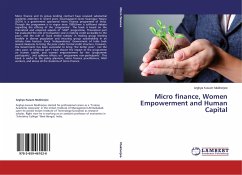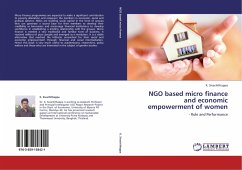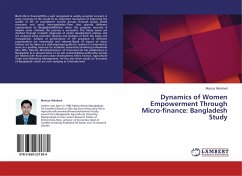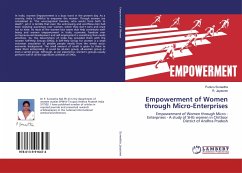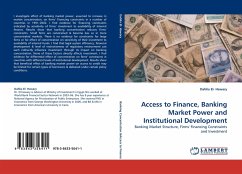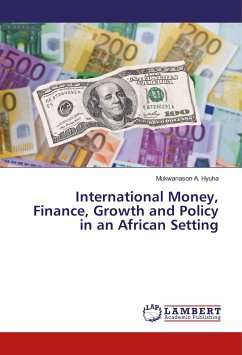Micro finance and its group lending contract have received substantial academic attention in recent years. Swarnajayanti Gram Swarojgar Yojana (SGSY) is a government sponsored micro finance programme of India. Though the programme is in vogue since 1999,there is sufficient debate regarding the efficacy of the 'programme'. The book is based on the theoretical and empirical aspects of 'SGSY' programme. Theoretical part has evaluated the role of transaction cost in making credit accessible to the poor; and the role of 'back ended subsidy' in making group lending feasible in diverse population and ensuring group sustainability in an infinite time horizon. Since 'Independence' Government of India took several measures to bring the poor under formal credit structure, however, the Government has been successful to bring 'the better poor', not the ultra poor. In empirical part I have shown the impact of the programme on human capital, and women empowerment for the 'programme participants', and spillover effects on 'programme non-participants'. This book is useful to the policy planners, micro finance practitioners, NGO workers, and above all the students of micro finance.

